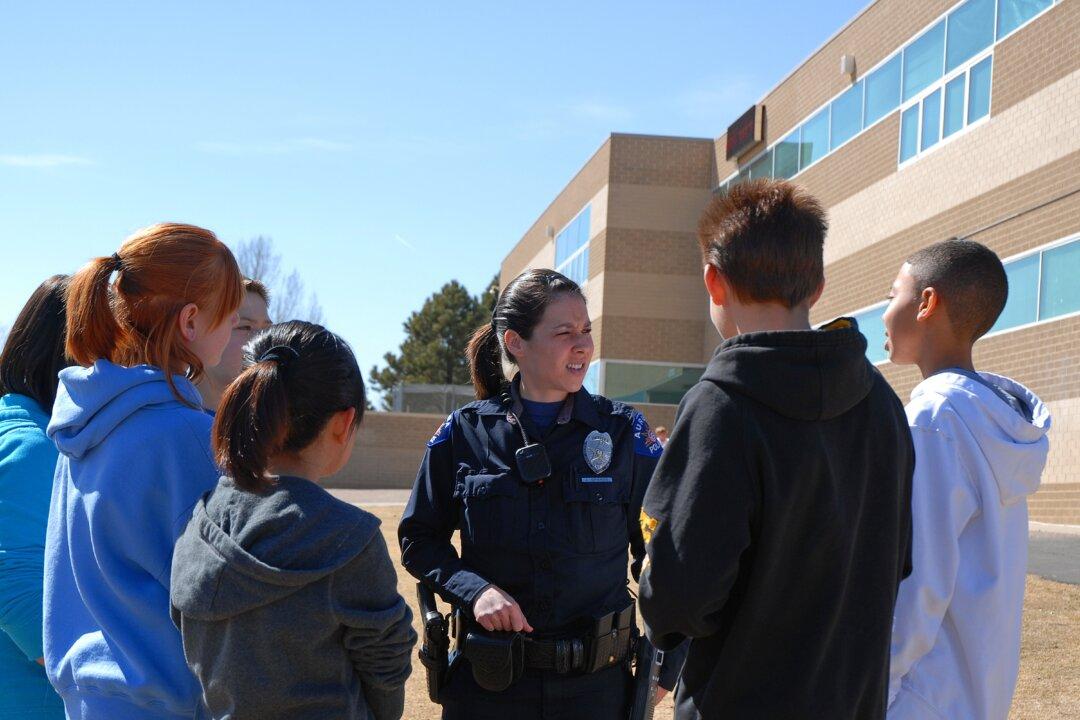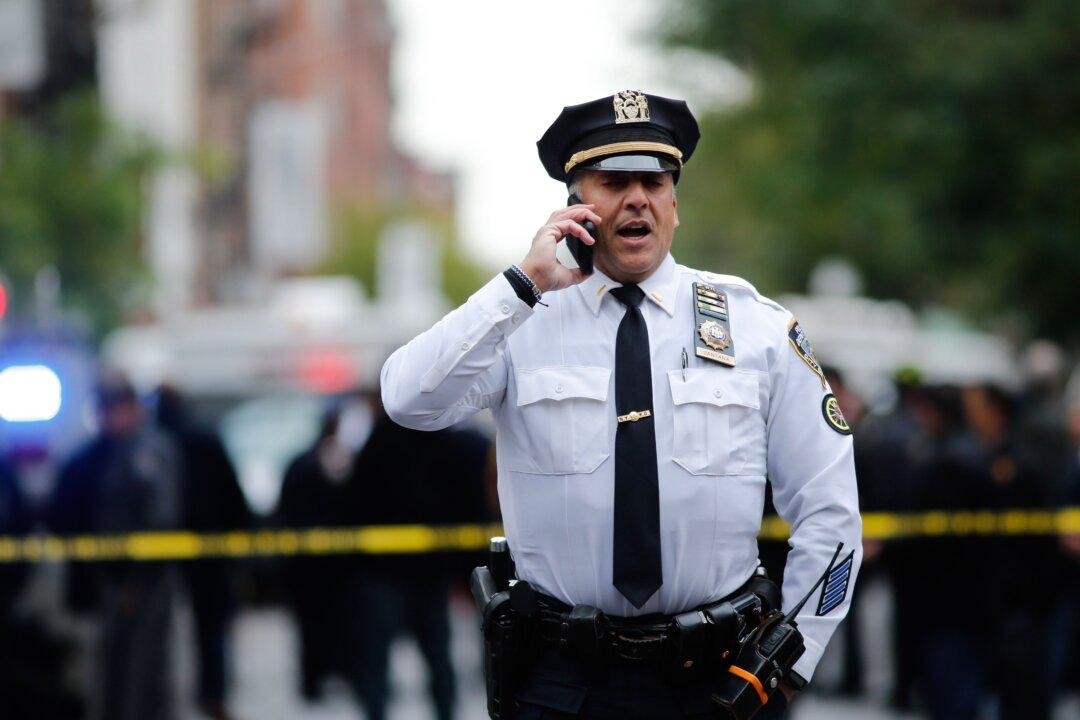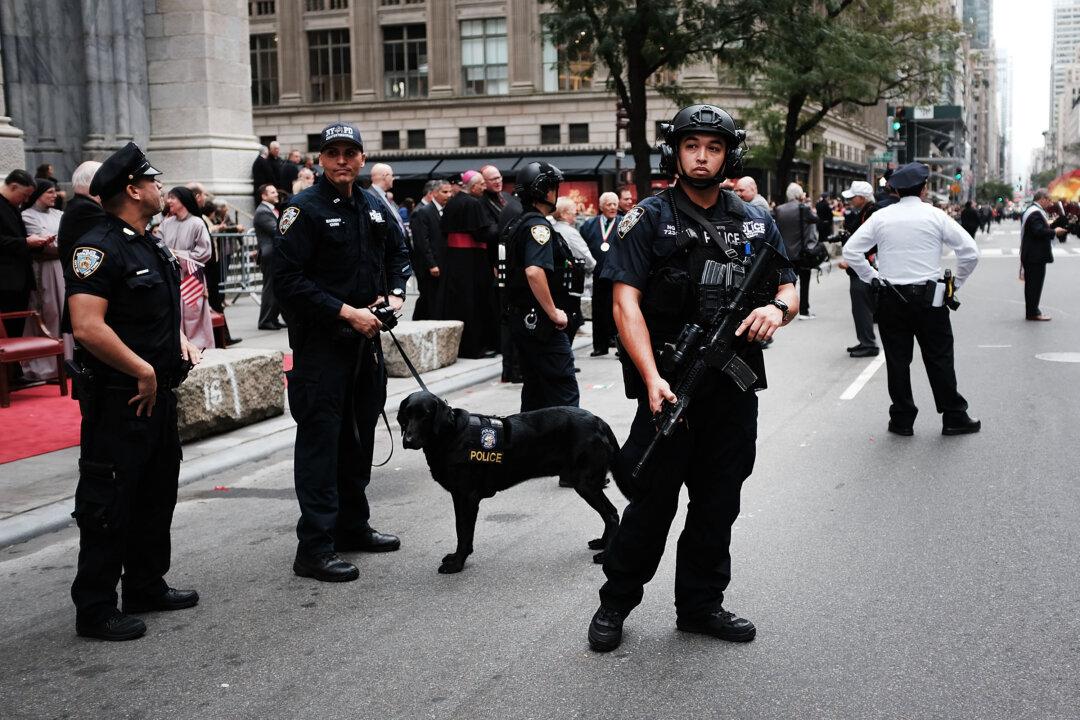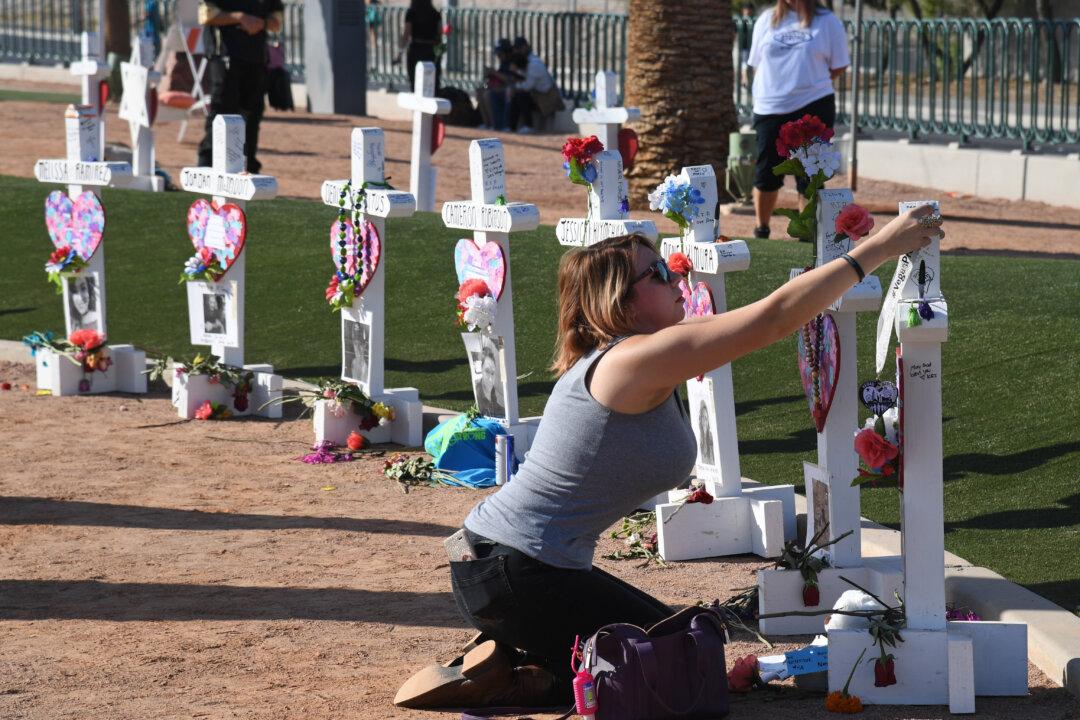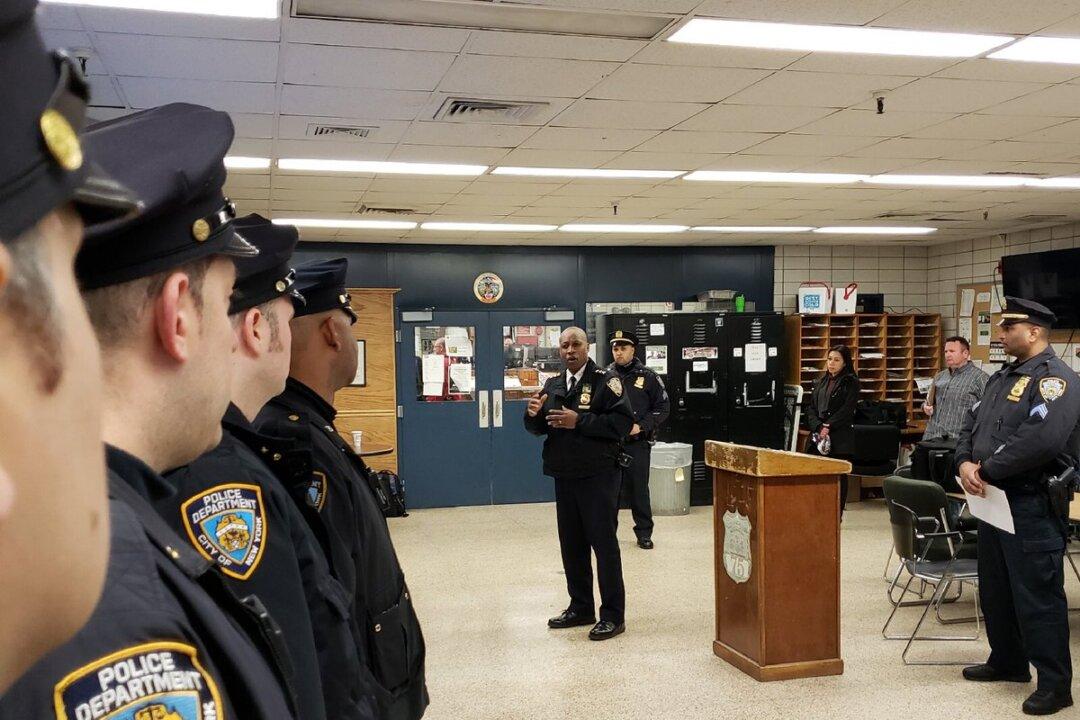Since the Columbine tragedy on April 20, 1999, one of my professional responsibilities has been safeguarding American schools.
Administrators, teachers, counselors, threat assessment teams, security officials, school board members, community leaders, students, and law enforcement officials, and in particular, school resource officers (SRO), have attended my presentations nationwide.
School resource officers represent one of the most important school violence prevention, character education, and community policing initiatives.
